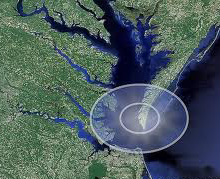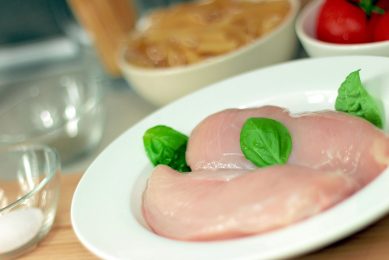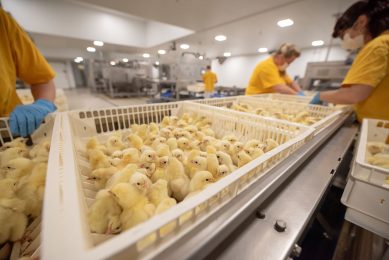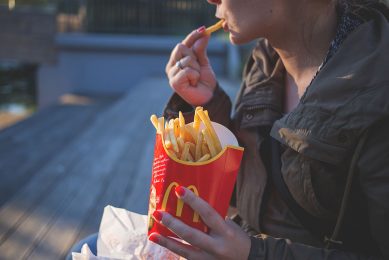Poultry manure regulations flawed says US environmental report

A recent Environment Maryland report, highlights significant flaws in Maryland’s current manure application rules and outlining the need for stricter management.
Maryland Senator Roger Manno joined the conservation organization in calling for updated, commonsense changes to reduce pollution from agriculture.
Intensive chicken production, particularly on Maryland’s Eastern Shore, generates large volumes of manure. Growers and farmers often spread this manure on fields as fertilizer, but when applied in excess, the nutrients that make manure useful for fertilizing crops contribute to pollution in local waterways and the Chesapeake Bay.
Large-scale chicken growing
Among the findings in the report are that large-scale chicken growing on Maryland’s Eastern Shore generates high volumes of manure that contain more phosphorus than can be used by local crops. Soil test data show that more than 60% of soil samples from four Maryland counties had more phosphorus than crops need.
“The poultry industry has made great strides in reducing potential runoff into waterways across the United States. The water quality in much of the Chesapeake Bay Watershed, for example, has improved as a result of the proactive actions of farmers and chicken companies in the region,” said Ashley Peterson, Ph.D., vice president of science and technology, National Chicken Council in response to the report.
“We recognise that there are indeed challenges within the Chesapeake Bay Watershed and animal agriculture has been working together to minimise its impact in this and other watersheds across the United States. I can tell you that poultry growers in the DELMARVA region are among the national leaders in environmental protection, both in terms of agriculture and society as a whole.
“Farmers on the Eastern Shore and elsewhere are inherently environmentalists – it is in their best interest to preserve land and water resources. In addition to following strict conservation practices, the application of poultry litter to fields is regulated to ensure it is being applied properly and at agronomic rates that are specific to the crops. This ensures the nutrients found in poultry litter are fully utilized in an efficient and effective manner.
Valuable resource
“Chicken litter is a valuable resource for many growers who recycle it in a controlled, responsible manner for their crop farming or make it available to other farmers who use nutrient management plans so it does not cause pollution. If litter was not used, commercial fertilizers would be used in their place as a source of nitrogen and phosphorus.
“Many things contribute to the health of the Chesapeake Bay Watershed – both positively and negatively. Farmers and their families on the Eastern Shore swim in the same rivers, play on the same beaches and eat crabs out of the same bodies of water as do others in the watershed. They have as much vested interest as anyone in protecting and preserving the Bay,” concluded Peterson.
Related website:
National Chicken Council
Environment Maryland report












